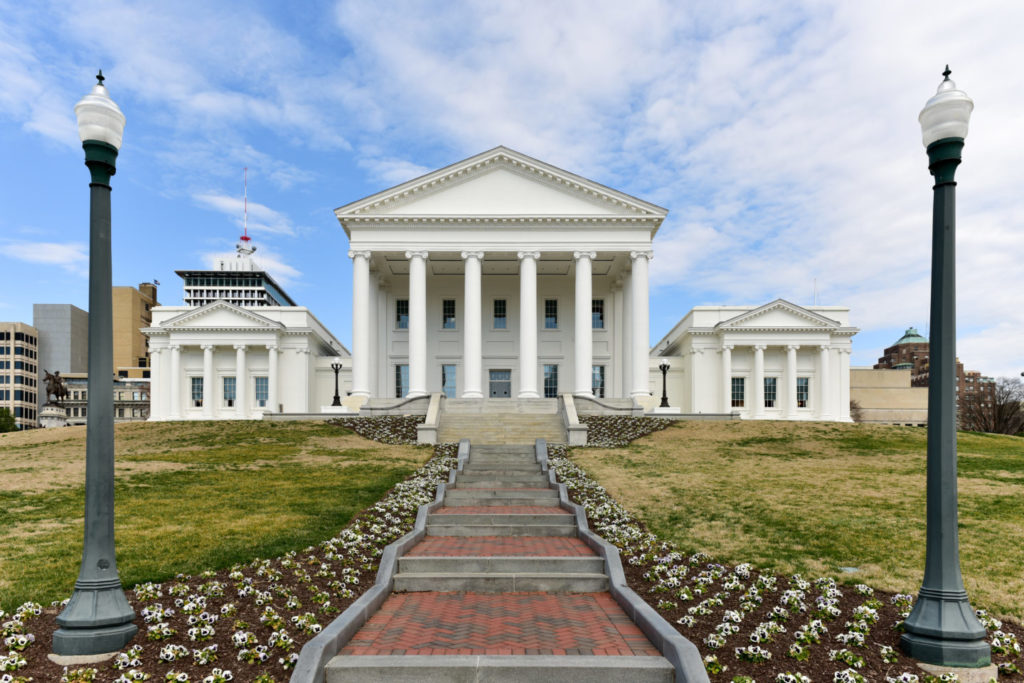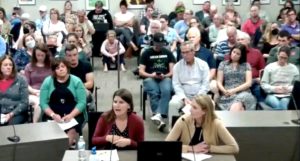Enforcing new transgender school policies could be a bumpy road in VA
(The Center Square) – Although the Virginia Department of Education unveiled new guidelines on transgender issues they say give power back to parents, enforcing those rules in school districts…

(The Center Square) – Although the Virginia Department of Education unveiled new guidelines on transgender issues they say give power back to parents, enforcing those rules in school districts could be a bumpy road.
In a shift away from the previous administration, the new guidelines direct schools to inform parents before they offer counseling services related to gender and provide parents with the opportunity to object. The schools are asked to designate a counselor to speak with both the parents and the student if requested by the parents.
Ultimately, the schools will need to defer to parents on these matters. Parents will have the final say on whether the student can officially change his or her name, gender or pronouns within the schools. Parents will also have a final say on whether the school can offer counseling services that encourage the student to identify with a gender that is different from his or her biological sex.
The rules also require that students use bathrooms and locker rooms that match their biological sex. When athletics teams have different categories for boys and girls, the guidelines state this will be determined by biological sex, rather than self-proclaimed gender identity.
When the new policies go into effect, school boards are required to adopt policies that conform to the VDOE guidelines, but some school districts have already indicated they might refuse to do so. This includes Falls Church City Public Schools and the City of Alexandria Public Schools.
Legislation from the 2020 session directed the the Virginia Department of Education to develop model policies on these transgender questions, but it did not state any consequences for school boards that refuse to comply, according to Charles Pyle, the director of communications for the VDOE.
However, Pyle told The Center Square the Virginia code states local school boards must see that school laws are properly explained, enforced and observed. The Virginia code also gives parents and students legal recourse if they are aggrieved by an action from a local school board. They would have the authority to bring the issue in front of the circuit court within 30 days of the school board’s alleged offense.
“Well, It’s the law,” Youngkin told a gaggle of reporters when asked about the possibility of some school boards refusing to comply.
“So I don’t really have a lot of patience for folks that see a law and don’t comply with it,” the governor continued. “And so we wanted to make sure that our model policy was introduced, as I said, there’s a 30 day comment period. And then local school boards need to go through the process of issuing their policy that is consistent with the model policy, it’s in the Virginia code. And just like everything else, protecting parents fundamental rights to make decisions for their children is in the Virginia code. And I fully expect that each one of the school divisions should comply.”
This would not be the first time school boards bucked the state guidelines. Several school districts refused to adopt the previous standards from former Democratic Gov. Ralph Northam’s administration.
Parental rights in education was at the forefront of Youngkin’s gubernatorial campaign and has remained in the spotlight in the commonwealth. Many Republicans are backing more parental involvement, but some Democratic lawmakers are going in the other direction. Del Elizabeth Guzman, D-Dale City, for example, said she intends to introduce a bill that would change the definition of child abuse to include a parent’s refusal to acknowledge a child’s self-proclaimed transgender identity.



